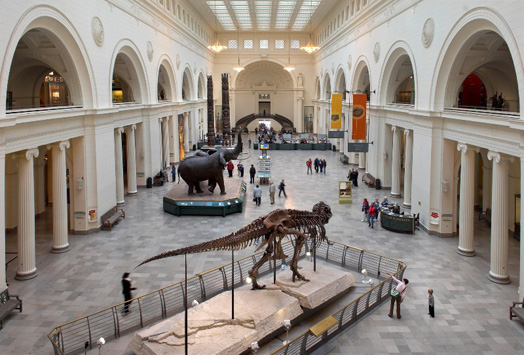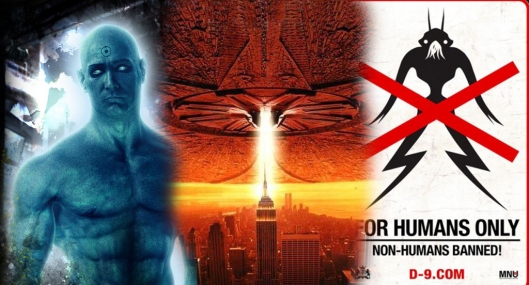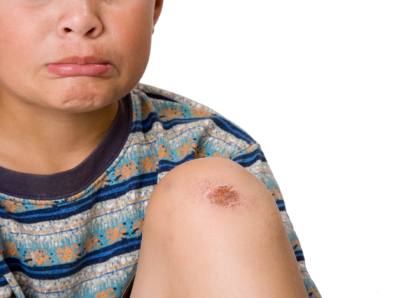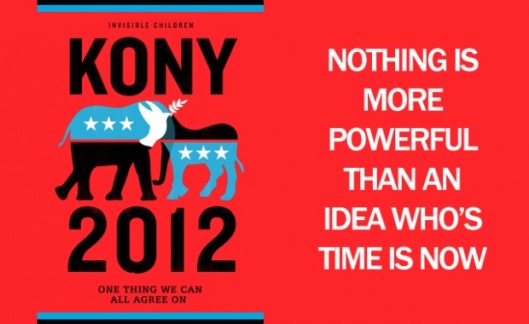Museums, Exhibits, And Galleries
Growing up in Chicago I had two favorite museums: the Field Museum and the Museum of Science and Industry. For those familiar with Chicago it’s not hard to see why these museums stood out. The Field Museum is home to Sue, the most complete T-Rex in the world, and the Museum on Science and Industry is awesome because, well, science.
As a history geek and museum-phile, I would be ecstatic if these Chicago museums and others around the world used OurPangea to showcase their exhibits and events by creating virtual galleries for any type of display, be it historical, artistic, or scientific, offering an inclusive destination for visitors to share photos and have discussions all centering on a specific exhibit.
I myself can see how cool it would be to be able to hear others thoughts on their favorite parts of the Field’s mummies exhibit, which I must have visited almost 100 times. And with OurPangea, if there’s a special paid exhibit, I could get a sneak peek before spending the dough to get a ticket.
Imagine the possibilities as an art patron or curator if you could put up and see all of your art ahead of time to showcase a gallery event. All of the work could be organized by artist, medium, theme or anything at all, and the artists could interact directly with their fans before, during, and after the show!
Or, picture yourself in the mood for some mummies (cause who doesn’t like mummies), but you don’t know which museum has the best mummy exhibit. Enter OurPangea where you can narrow down the museums according to whatever criteria suits you – how many mummies they have, which exhibit is most popular, or even which exhibits are considered scariest.
Mummies and all, that sounds awesome to me!








